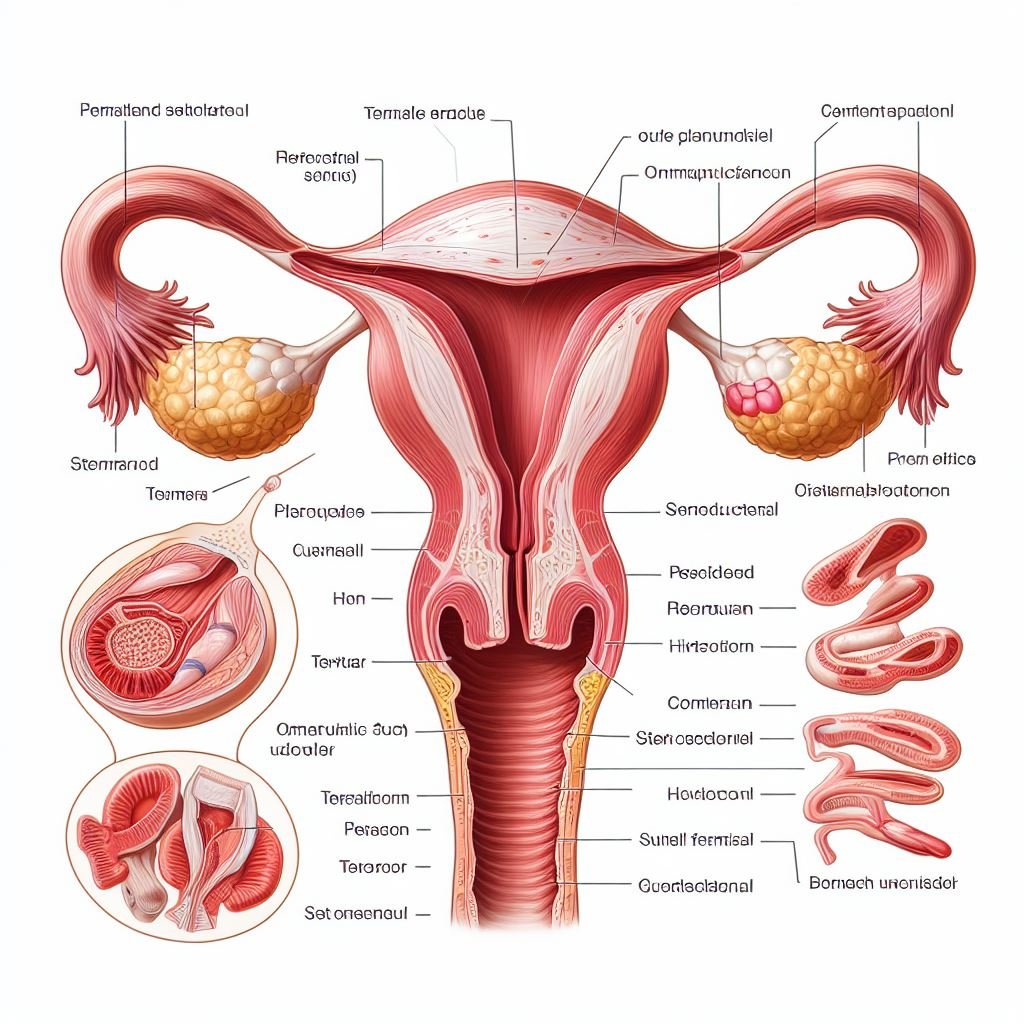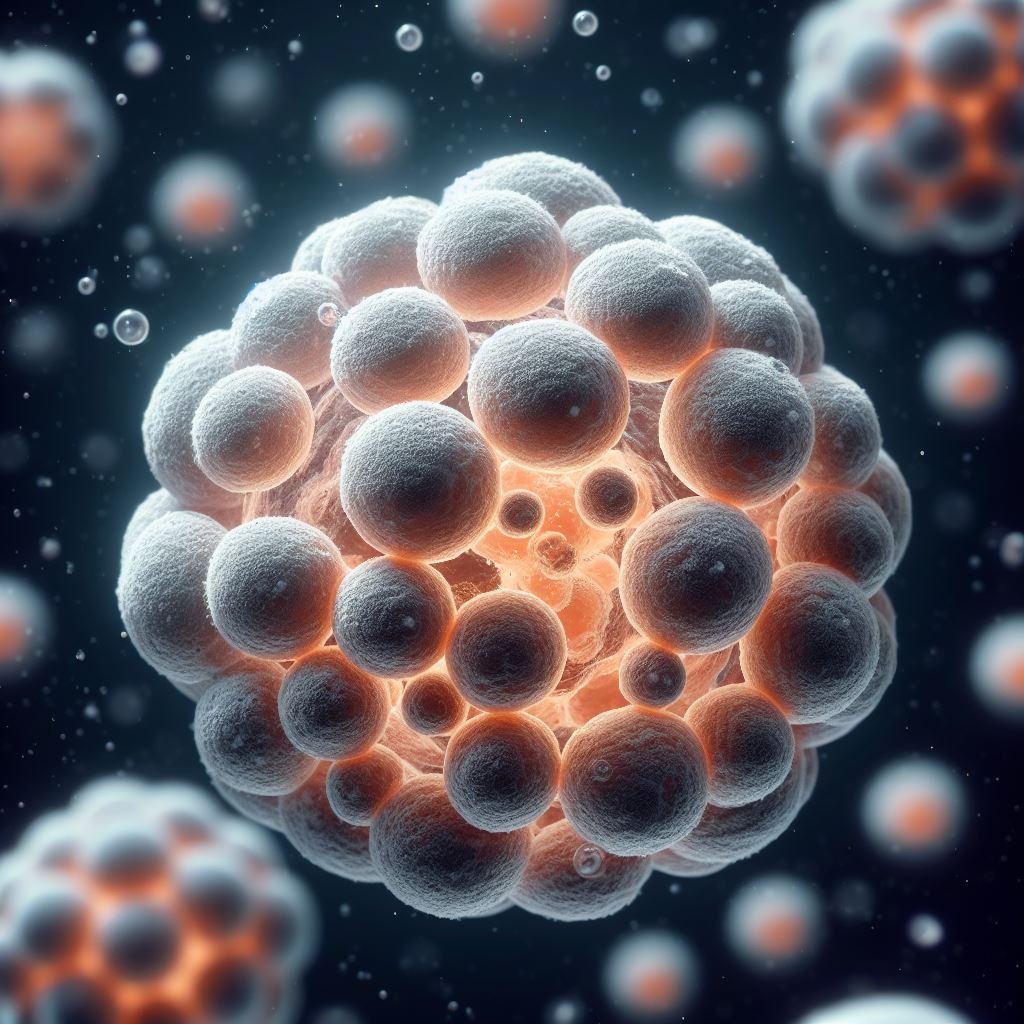What is test tube baby?

Test tube baby is a medical procedure by which the fertilization of sperm and ovum takes place in laboratory by providing it a similar conditions as that in the body.
Test tube baby, more scientifically termed “in vitro fertilization” (IVF) conceived through assisted reproductive technologies (ART), have revolutionized the way we perceive fertility and parenthood.
Whether or not we consider test tube babies to be a “miracle” is subjective and depends on individual perspectives. From a scientific standpoint, the creation of test tube babies through in vitro fertilization (IVF) is a remarkable feat of medical technology and human ingenuity. It has provided hope and opportunity to millions of couples worldwide who struggle with infertility, allowing them to fulfill their dreams of having children.
Reasons why people opt for test tube baby :

- Blocked Fallopian Tubes : Egg passage in the fallopian tube may be restricted by a partial or whole blockage, damage, or infection.
- Polycystic Ovary Syndrome (PCOS) : PCOS affects ovulation and hormonal balance, making natural conception challenging.
- Severe Endometriosis : Endometriosis can cause tissue growth outside the uterus, affecting fertility.
- Endometrial Polyps: Uterine polyps may affect implantation.
- Male Factor Infertility: Low sperm count or poor sperm quality can hinder natural conception.
Procedure
1. Ovarian Stimulation: The woman undergoes hormonal treatment to stimulate her ovaries to produce multiple eggs.

2. Egg Retrieval: The eggs are then retrieved from the woman’s ovaries using a minimally invasive surgical procedure.
3. Sperm Collection: Meanwhile, sperm is collected from the male partner or a donor.
4. Fertilization: In a laboratory setting, the eggs and sperm are combined to facilitate fertilization. This can occur through conventional IVF or intracytoplasmic sperm injection (ICSI), where a single sperm is injected directly into the egg.

5. Embryo Cultivation: The fertilized eggs, now embryos, are cultured for a few days until they reach a suitable stage for transfer.
6. Embryo transfer: The zygote or early embryo with upto 8 blastomeres could be transferred into fallopian tube known as ZIFT (zygote intra fallopian transfer) or more than 8 to 16 blastomeres transferred into uterus known as IUT (intra uterine transfer).
Key points to considered
1. Overcoming Infertility
- Test tube babies offer hope to couples struggling with infertility due to various reasons such as blocked fallopian tubes, low sperm count, or unexplained infertility.
2. Ethical Considerations
- The concept of creating life outside the natural process raises ethical concerns, including the fate of unused embryos, the commodification of human life, and the potential for selective breeding.
3. Success Rates

- While IVF has provided countless couples with the gift of parenthood, success rates can vary depending on factors such as age, health conditions, and the quality of the reproductive materials.
- Women below the age of 35 have the most success in this, but between the ages of 35 and 37 have a 40.5% rate of success. Women between the age of 38 and 40 have a lower success rate at 26.4% and over 40 has the lowest success rate at 8.2%.
4. Emotional Rollercoaster
- The journey of assisted reproduction is often emotionally taxing, characterized by hope, disappointment, and resilience. Couples may undergo multiple IVF cycles before achieving success.
5. Advancements in Technology
- Continuous advancements in reproductive technologies have expanded options for couples, including preimplantation genetic testing (PGT) to screen embryos for genetic disorders and advancements in cryopreservation techniques.
6. Social Impact
- The widespread acceptance of test tube babies has reshaped social norms surrounding family, parenthood, and genetics, challenging traditional notions of conception and biological ties.
Risk and success in test tube baby

- Multiple Pregnancies: IVF increases the likelihood of twins, triplets, or more.
- Ovarian Hyperstimulation Syndrome (OHSS): Overstimulation of the ovaries can lead to OHSS.
- Emotional and Psychological Stress: The IVF journey can be emotionally taxing.
As for success rates, they vary based on factors like age, overall health, and the specific clinic.
Cost consideration
The cost of test-tube baby treatment can vary significantly based on several factors:
- Geographic Location: Prices differ across countries and regions.
- Clinic Reputation: Renowned clinics may charge more.
- Specific Procedures: Additional treatments (such as ICSI) impact costs.
- Medications and Tests: Expenses include medications, laboratory tests, and frozen embryo storage.
10 Test tube baby / IVF centers

- World Infertility & IVF Centre
- Indira IVF Fertility Centre
- Apollo Fertility
- Birla Fertility & IVF
- Gaudium IVF Centre
- Origyn IVF & Fertility
- Nova IVF Fertility
- International Pride IVF Centre
- Baby Joy Fertility & IVF Centre
- Maggo Fertility & IVF Centre

FAQ (Frequently asked questions)
Q1. What is the success rate of IVF?
Ans. Women below the age of 35 have the most success in this, but between the ages of 35 and 37 have a 40.5% rate of success. Women between the age of 38 and 40 have a lower success rate at 26.4% and over 40 has the lowest success rate at 8.2%.
Q2. How many IVF attempts before success?
Ans. On average, research has shown that about 65.3% of patients, or two-thirds, have a successful outcome after six or more IVF cycles.
Q3. Are IVF babies normal?
Ans. Yes, IVF babies are as normal as other children.
Q4. Is IVF good or bad?
Ans. The ultimate advantage of IVF is achieving a successful pregnancy and a healthy baby. IVF can make this a reality for people who would be unable to have a baby otherwise: Blocked tubes: For women with blocked or damaged fallopian tubes, IVF provides the best opportunity of having a child using their own eggs.
Q5. Disadvantages of IVF?
Ans.
- Stress.
- Complications from the procedure to retrieve eggs.
- Ovarian hyperstimulation syndrome.
- Miscarriage.
- Ectopic pregnancy.
- Multiple pregnancy.

Conclusion
The birth of test tube babies gives millions of couples who want to raise a family around the world hope. They are a symbol to the victory of technology and human creativity. The satisfaction of holding a long-awaited child in one’s arms is indescribable, even though the path to motherhood through assisted reproduction may be filled with obstacles. It’s critical that we approach the subject of reproductive technology with empathy, compassion, and a profound respect for the wonder of life in all its forms as we continue to traverse its complexity.
Table of Contents
Read more about test tube baby
Go and visit dusearchit.in and get more knowledge about others topics.

Pingback: how pregnancy is beautiful? how should we take care. (2024)
Pingback: A person with color blindness is a serious problem ? (2024)
Pingback: Are Periods Tablets dangerous ? effects on body.....
Pingback: Why HIV/AIDS is dangerous ? - D u search it
Pingback: Is cancer the most dangerous disease ? - D u search it
Pingback: How hemophilia is a dangerous for a life? (2024)
Pingback: How dangerous is phenylketonuria ? symptoms.(2024)
Pingback: How sickle cell anemia dangerous for us? symptom, cause2024
Your writing style is cool and I have learned several just right stuff here. I can see how much effort you’ve poured in to come up with such informative posts. If you need more input about Airport Transfer, feel free to check out my website at QN9